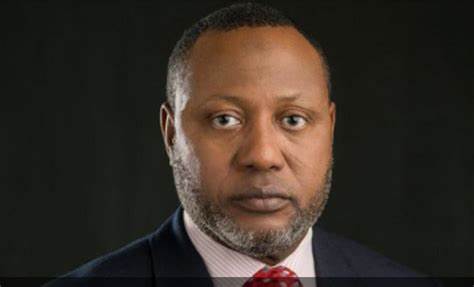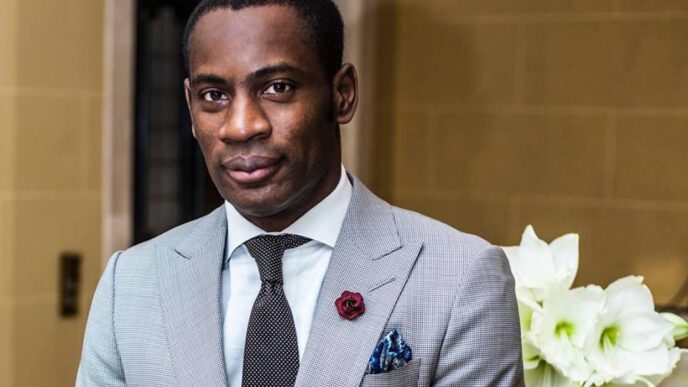Mohammed Abdullahi, former minister of environment
Mohammed Abdullahi, a former minister of environment, has kicked against the arraignment of minors allegedly involved in the #EndBadGovernance protest in August.
While condemning the minors’ arrest, detention, and arraignment in a post on X on Friday, Abdullahi described the situation as “horrific and tragic“.
The 76 defendants, arrested in Abuja, Kaduna, Gombe, Jos, Katsina, and Kano, where foreign flags were sighted during the protest, are facing charges such as treason, among other offences.
Most of the protesters were underaged children, waving Russian flags and calling on President Vladimir Putin to “save” them.
Advertisement
Christopher Musa, the chief of defence staff (CDS), said the actions were treasonable offences and warned that people caught would be tried.
Earlier, the defendants, mostly minors who looked ill and malnourished, were arraigned before an Abuja federal high court.
The alleged protesters are said to have been detained for over 90 days.
Advertisement
While waiting to be arraigned, some children collapsed and writhed in pain. In a video taken from the court, a boy is seen holding a collapsed minor while he sobs in almost a whisper.
Minors collapse in court as FG arraigns 76 #EndBadGovernance protesters | TheCable https://t.co/pHgCQLRT1b pic.twitter.com/AQAmX36tht
— TheCable (@thecableng) November 1, 2024
The prosecution asked that the names of the sick children be removed from the charge.
“This is quite horrific and tragic. I don’t know whether @FedMinOfJustice and @NuhuRibadu understands the gravity of the charges – Treason!,” the former minister wrote.
Advertisement
“For crying out loud, these unfed, malnourished kids? come on, we should be better than this.”
Other Nigerians, including former Vice President Atiku Abubakar; Peter Obi, the ex-governor of Anambra; and Shehu Sani, a former senator, have also criticised the minors’ arraignment.
Obiora Egwuatu, the presiding judge, granted N10 million bail to the defendants, adding that they must provide two sureties in like sum.
Egwuatu specified that one of the sureties must be a civil servant of grade level 15 or higher, with a verifiable address within the court’s jurisdiction, while the other surety must be a parent of the defendant.
Advertisement
Add a comment











